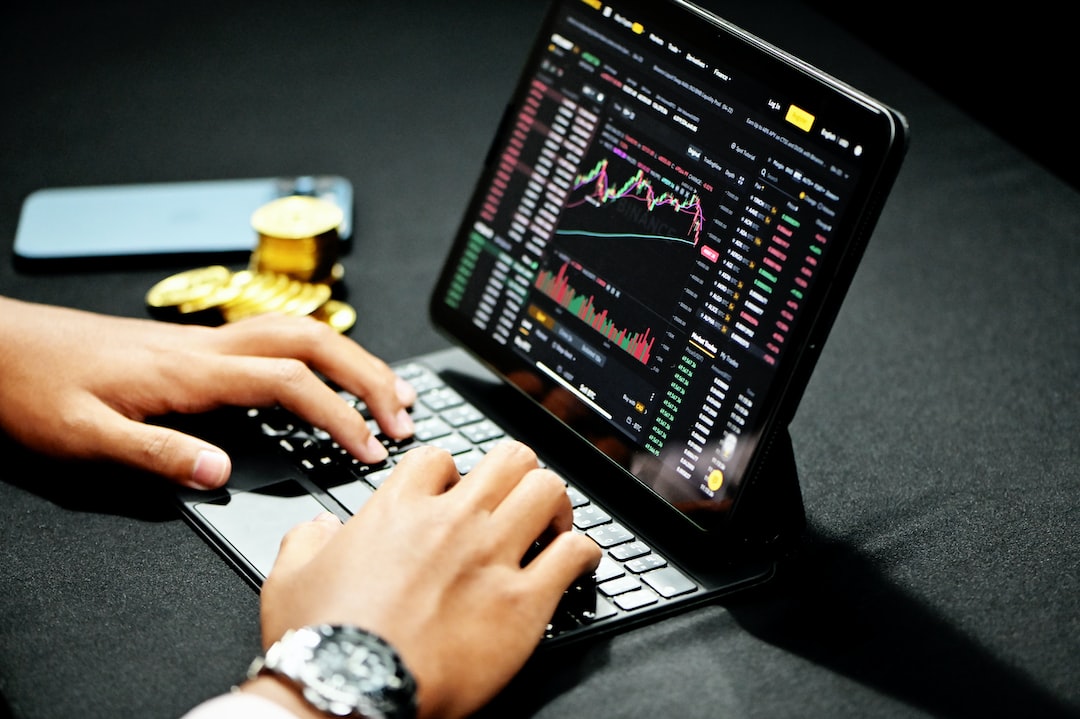
The foreign exchange (Forex) market is one of the most dynamic and fast-paced financial markets in the world, with trillions of dollars traded daily. For new investors and seasoned traders alike, choosing the proper Forex broker and understanding the educational tools they offer is essential to navigating this highly volatile market. With a growing number of forex brokers with educational resources available today, it’s important to focus on their resources and tools to make an informed decision.
Why Educational Resources Are Important
Forex trading isn’t as simple as buying one currency and selling another. It demands a deep understanding of economic indicators, technical analysis, and real-time trading strategies. Great Forex brokers recognize this and provide an array of educational tools to empower traders with the knowledge they need. Whether you’re learning to analyze candlestick patterns or grasping concepts like leverage and margin, the right educational resources can significantly improve your trading performance.
Common Education Tools Offered by Forex Brokers
Forex brokers that prioritize customer success offer cutting-edge educational tools designed to cater to traders of all experience levels. Below are some of the most common resources available:
1. Webinars and Video Tutorials
Webinars hosted by market experts provide invaluable insights into trading strategies, market trends, and specific techniques applicable to Forex trading. Brokers like XM and IG stand out by offering regular video content, including step-by-step tutorials.
2. Demo Accounts
Many brokers provide demo accounts, which allow beginners to practice trades in a simulated yet realistic market environment without using real money. Demo accounts are an outstanding way for users to get comfortable with the software and develop trading skills without financial risk.
3. Market Analysis Tools
Daily or weekly reports, often shared in newsletters or broker platforms, can provide in-depth analysis of market movements and potential investment opportunities. Brokers such as OANDA and eToro often pair such reports with expert analysis and trade recommendations.
4. Forex Trading Courses
Some brokers offer comprehensive courses for beginners to intermediate traders. These courses often include quizzes, hands-on assignments, and certificates upon completion. For example, Pepperstone provides courses segmented by skill level, from foundational theories to advanced technical analysis.
5. Economic Calendar
An economic calendar helps traders stay informed about financial events affecting currency prices. Economic news releases like GDP figures, employment reports, and central bank announcements are essential tools for decision-making in Forex trading.
Choosing the Right Broker
Ultimately, when selecting a broker, consider not just the educational tools offered but the credibility of the broker itself. Opt for brokers that are regulated, transparent about their pricing, and equipped with intuitive trading platforms. By taking advantage of the wealth of educational tools provided by leading brokers, traders can enhance their knowledge and decision-making skills, setting the stage for long-term success in Forex trading.